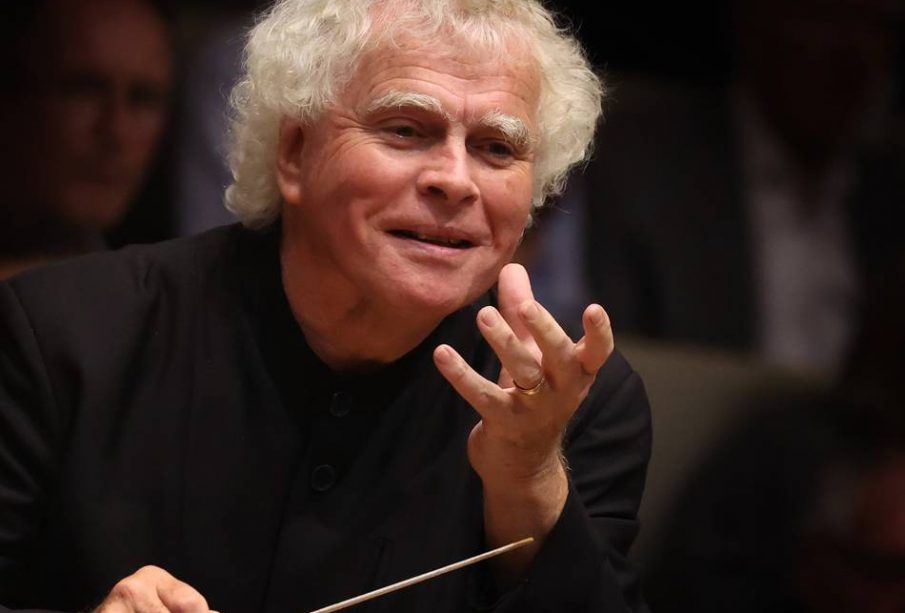The Enduring Legacy of Sir Simon Rattle in Classical Music

The Importance of Sir Simon Rattle
Sir Simon Rattle is a pre-eminent figure in the classical music world, known for his transformative contributions as a conductor and educator. His influence stretches across continents and generations, making him a key player in the evolution of orchestral music. Rattle’s work serves not only as entertainment but also as a means of cultural enrichment and educational outreach, thus underscoring the importance of classical music in contemporary society.
Achievements and Recognition
Born on 19th October 1955 in Liverpool, Rattle has held prestigious positions, notably as the principal conductor of the Berlin Philharmonic from 2002 to 2018. Under his leadership, the orchestra achieved significant artistic heights, embracing new repertoire while still honouring classical masterpieces. In 2023, Rattle returned to his native UK, taking up the role of Music Director at the London Symphony Orchestra, reigniting his bond with British audiences and musicians alike.
His accolades include numerous Grammy Awards and a knighthood for services to music. Rattle’s commitment goes beyond the concert hall; he’s passionately involved in initiatives aimed at bringing music education to wider audiences, particularly among young people.
Current Engagements and Future Prospects
In recent months, Rattle has been busy conducting various performances, including a special concert event in London that featured a diverse programme aimed at attracting younger listeners. His ability to connect with audiences and foster a love for classical music remains one of his defining qualities. As the London Symphony Orchestra embarks on a new season, expectations are high for innovative programming that will reflect Rattle’s vision.
Conclusion: Significance for Readers
Sir Simon Rattle’s ongoing contributions to classical music serve as an inspiration for both emerging artists and seasoned professionals. His belief in music’s potential to unite and educate highlights its enduring relevance in today’s world. As Rattle continues to lead orchestras and engage with communities, the future of classical music looks promising, marked by an increasing emphasis on accessibility and engagement. Readers can anticipate exciting developments in the classical music scene, greatly influenced by Rattle’s transformative approach.








